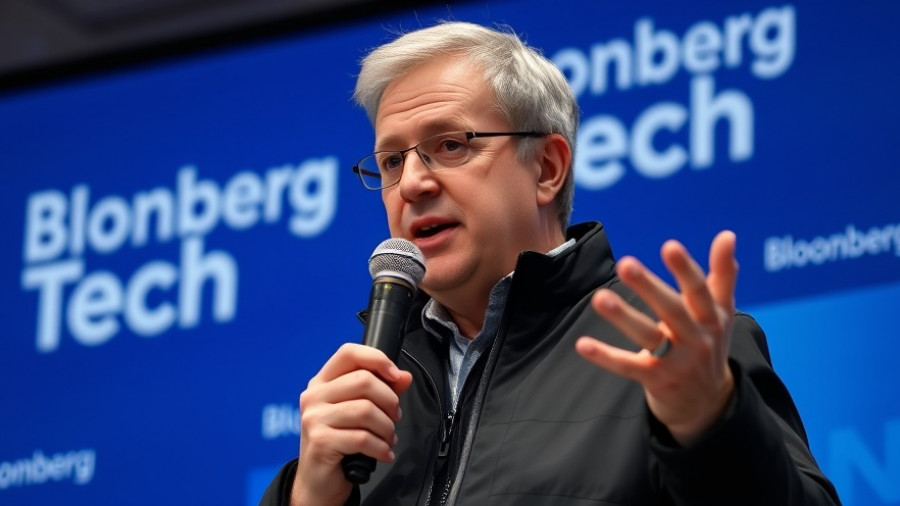
Bearing the Weight of Google’s Influence in AI
Matthew Prince, the CEO of Cloudflare, has entered the fray with a bold mission: urging the UK’s Competition and Markets Authority (CMA) to enforce regulations aimed at Google’s entrenched dominance in the search and AI sectors. His proposal comes on the heels of Cloudflare's recent introduction of a marketplace allowing web operators to charge AI bots for scraping content. Prince argues that Google’s extensive reliance on a singular web crawler for both its search engine and AI products provides the tech giant with an unfair competitive edge.
Regulatory Landscape Shifting
This request is not just noise—it's a strategic response to a glaring market imbalance. The CMA’s designation of Google as a ‘special status’ player in these markets signals a recognition of its considerable power. This move paves the way for regulations beyond mere search and ads, extending to Google’s AI functionalities that influence a broad array of online experiences. With 80% of AI companies relying on Cloudflare’s infrastructure, Prince claims his company is uniquely situated to advocate for fairer competition in the AI space without a vested interest in producing AI content itself.
A Vulnerable Media Landscape
Furthermore, the stakes are high for media professionals and businesses. The collective power of Google’s bundled services compels many publishers to permit access to their sites, a dilemma that could slash advertising revenues significantly. A reported 20% of revenue could vanish for those that withdraw their content from Google’s reach, creating a 'non-starter' scenario where publishers feel pressured to comply with Google's demands to sustain their operational viability.
Policy Innovations: The Content Signals Framework
In conjunction with his advocacy for stricter regulations, Cloudflare’s rollout of the Content Signals Policy aims to recalibrate how AI systems access online content. This nuanced framework creates enforceable preferences for site owners, allowing them to specify how their data is used. The use of contractual signals represents a significant departure from traditional policies—empowering publishers to disentangle their content from AI usage while still permitting essential search indexing.
Competition and AI Ecosystem
Competition is integral to a healthy market. By enabling site owners to set clearer boundaries for how their content can be scraped, Cloudflare aspires to cultivate an environment where numerous AI firms can thrive alongside media entities, thereby preventing the suffocation of diversity and innovation that a monopoly could threaten. With companies like OpenAI opting for distinct pathways for search and AI crawling, Cloudflare highlights the ramifications of Google's dual-purpose system that restricts competition.
Looking Ahead
As discussions unfold with the CMA, the broader tech landscape is poised to witness a major shift in the balance of power between content creators and tech giants. The actions taken in the coming months will not only shape the experience of AI products but also redefine how companies structure their relationships with online content. Vigilant monitoring of these developments will be crucial for industry players and stakeholders alike.
Engage with this unfolding narrative of regulatory evolution. Each insight can guide your decisions as the industry adapts. Keep an eye on Cloudflare's initiatives and the CMA's responses; together, they could significantly transform your digital landscape.
 Add Row
Add Row  Add
Add 




Write A Comment